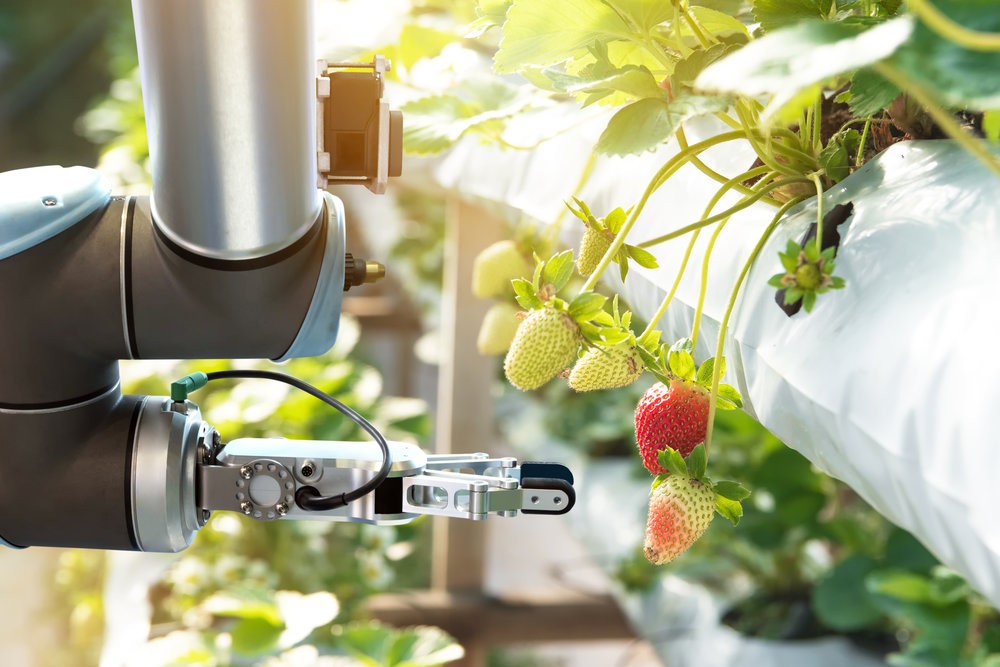
The United Nations Development Programme (UNDP) and Nesta’s Center for Collective Intelligence Design launched the first two reports of its new publication series Collective Intelligence for Sustainable Development: Getting Smarter Together, a comprehensive research over 277 case studies that presents how diverse collective intelligence approaches are being used to speed-up progress on all 17 Sustainable Development Goals (SDGs).
In a world shaken by the COVID-19 pandemic, a whole-of-society approach is fundamental to getting the 2030 Agenda for Sustainable Development back on track. From citizens' insights to grassroots solutions, data from mobile phone companies to satellite imagery and Artificial Intelligence (AI), the series shows how new resources of intelligence are being harnessed by organizations around the world to understand complex problems, make better decisions and find new solutions.
The first report Getting Smarter Togetheranalyses and compares the methods and tools used by over 200 global organizations from both the private and public sector sharing examples cutting across all aspects of Agenda 2030. The study discovered 15 methods that are being used most frequently, and often in combination, from crowdsourcing to web scraping and remote sensing. The study also found that Artificial Intelligence is also increasingly being used in parallel, mainly to increase the speed and efficiency of data processing at scale.
The second report 13 Stories from the UNDP Accelerator Labsoffers a deeper dive on the details of some of those groundbreaking approaches deployed by the UNDP Accelerator Labs – from using participatory sensing to understand the informal economy around waste in Viet Nam, to combining multiple datasets to tackle gender-based violence in Mexico and understand the impact of COVID-19 on the food supply chains in Zimbabwe.
“This publication series is more than a mere signpost on our path to building the future of development,” said UNDP Administrator Achim Steiner. “It serves as an invitation and a practical guide for local, national, and international development practitioners to make better use of real-time knowledge creation, collective action and evidence-driven decision making. And ultimately, collective intelligence will serve as a vital tool to help shape a greener, more inclusive, and more sustainable planet”
“These new reports provide global lessons from the front line about the power of collective intelligence methods to help us fast track breakthroughs on the path to 2030,” said Kathy Peach, Director of Centre for Collective Intelligence Design, Nesta.
The Sustainable Development Goals demand financial resources, and they equally require the mobilization of intelligence. This publication series is a call to make it standard practice to channel the innovations, knowledge and contributions of people across the globe, to get serious about the move toward real time data, and to find responsible ways of using artificial intelligence to elevate human intelligence. If we want to put this planet on a more sustainable & equitable path, we need to get smarter together.
Source: UNDP
 Welcome to the United Nations
Welcome to the United Nations